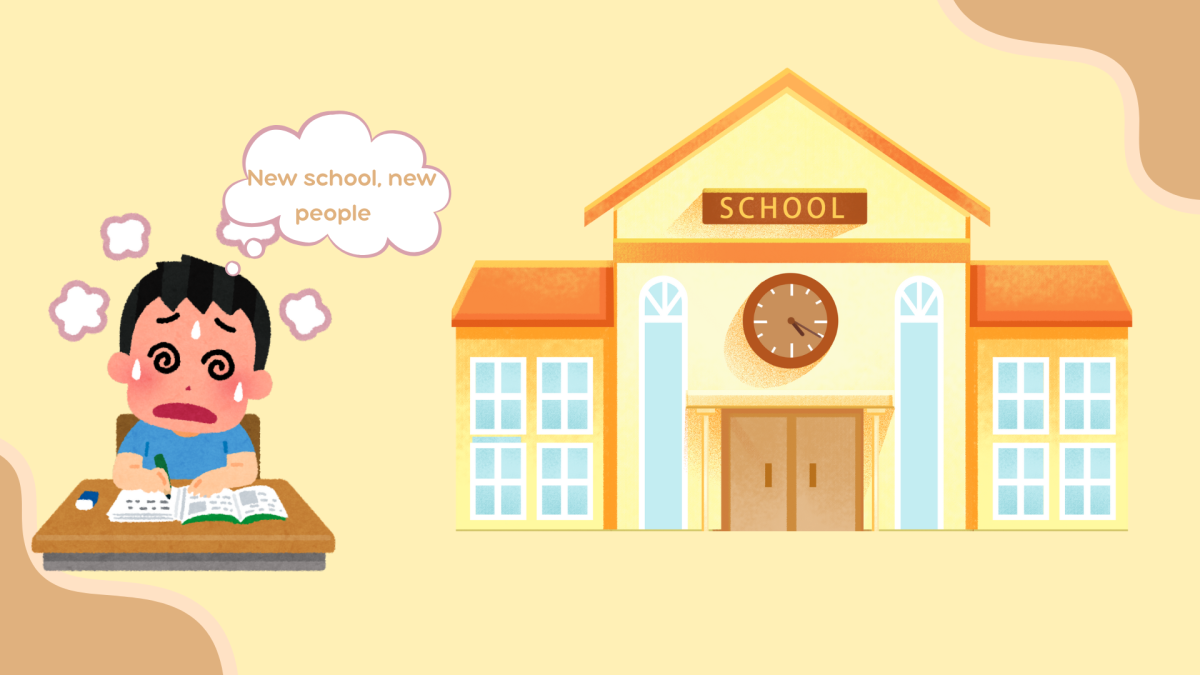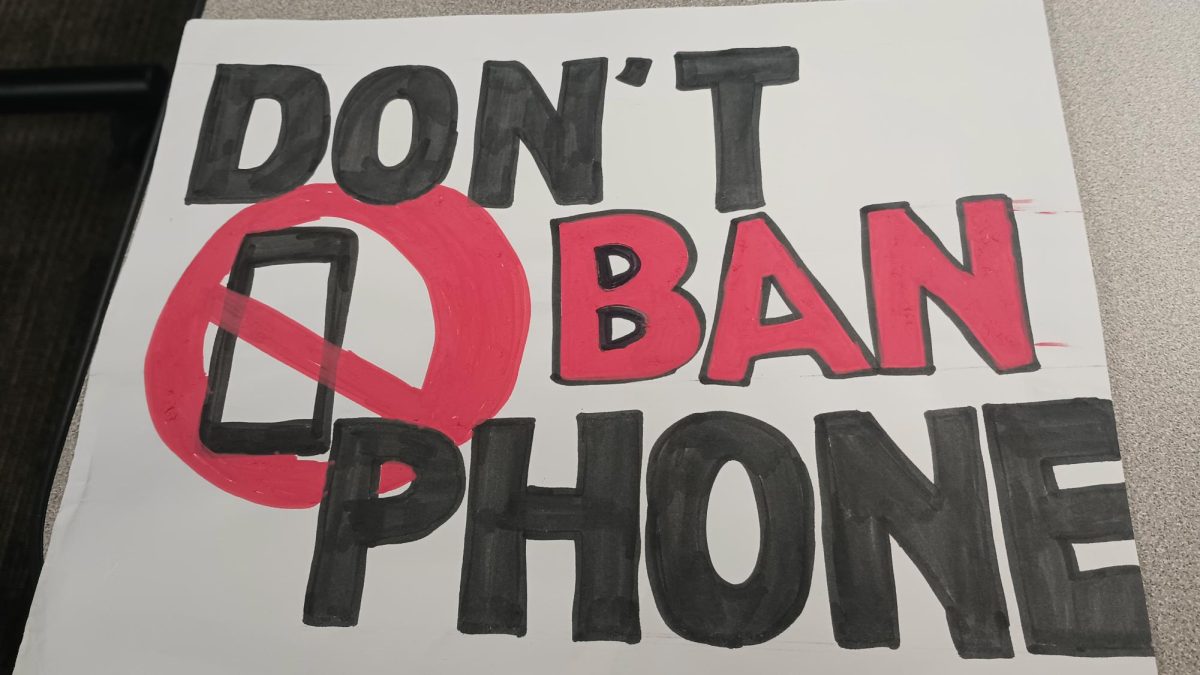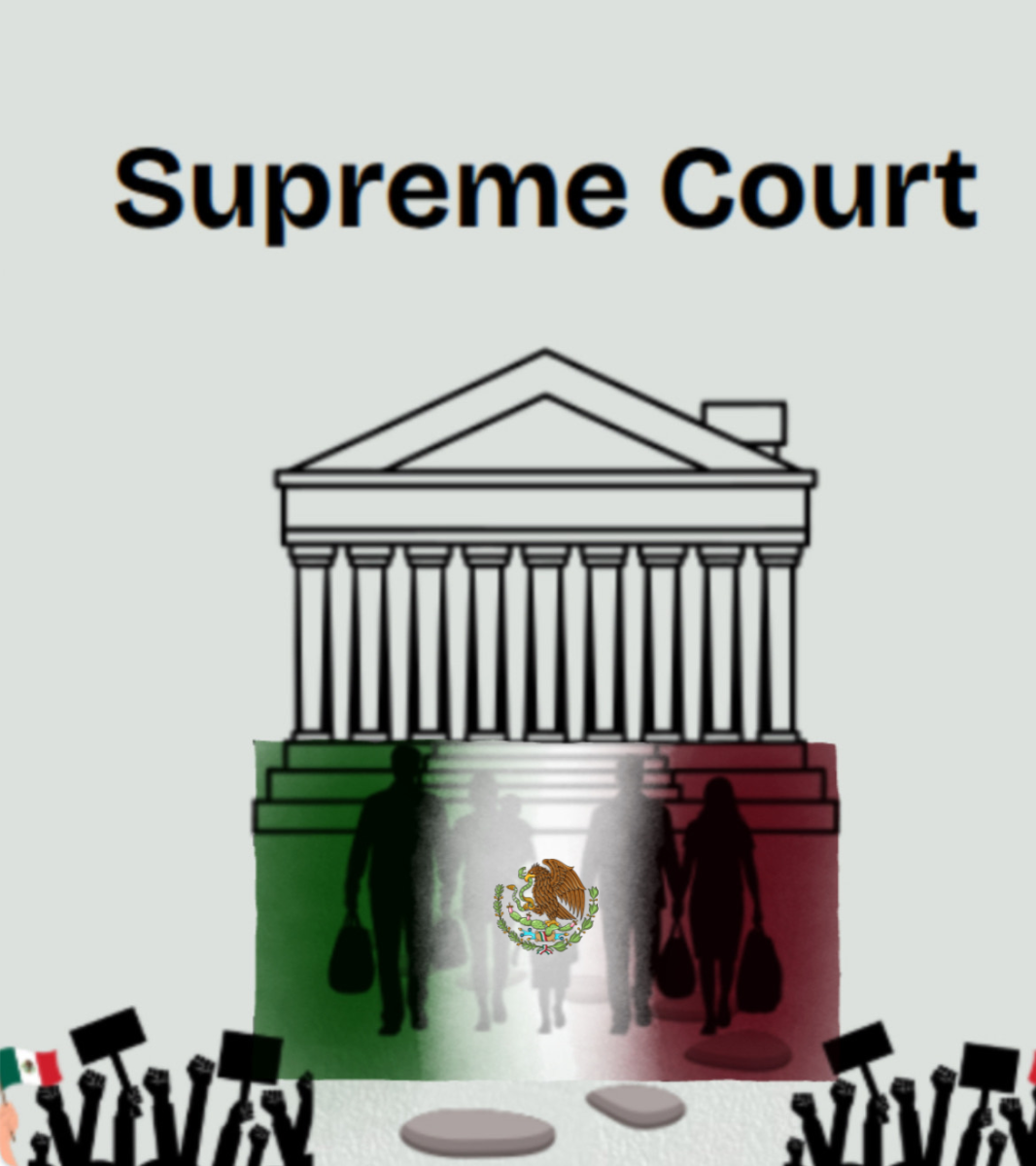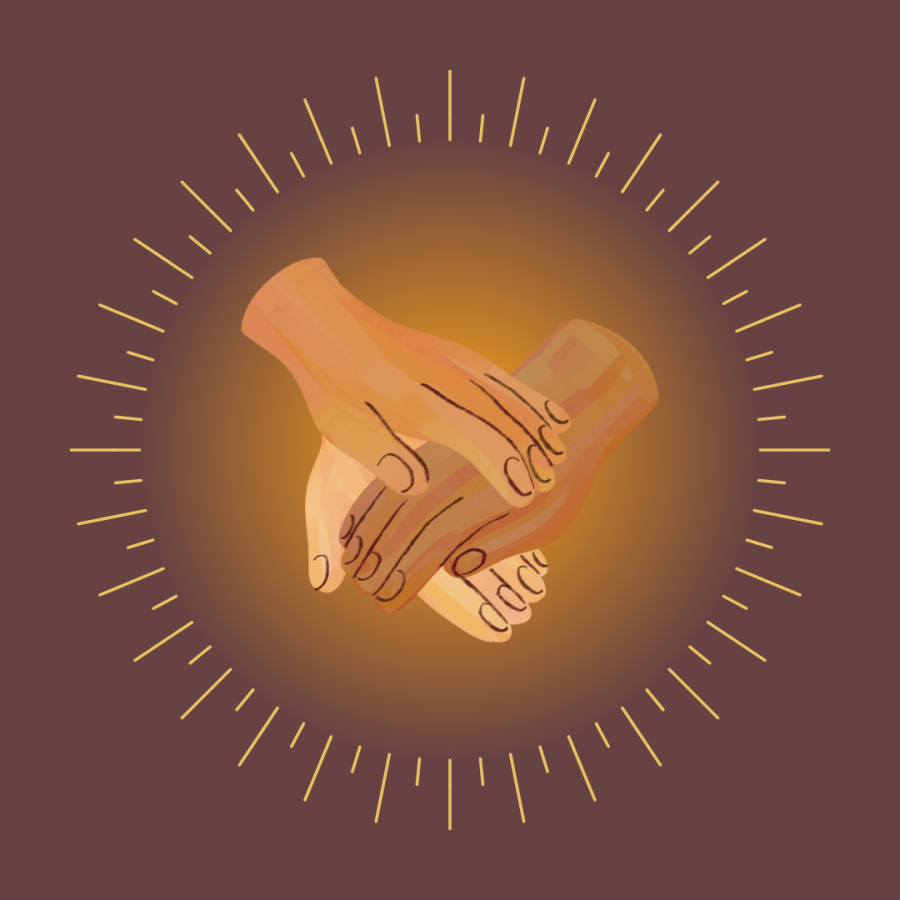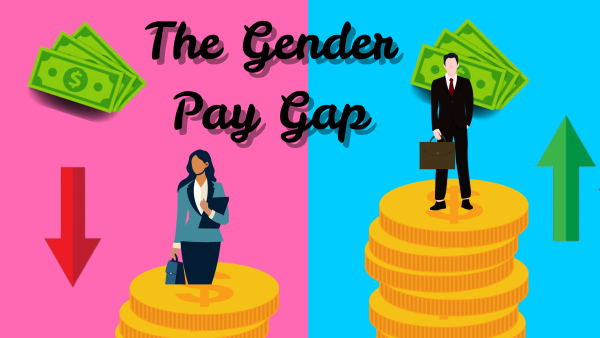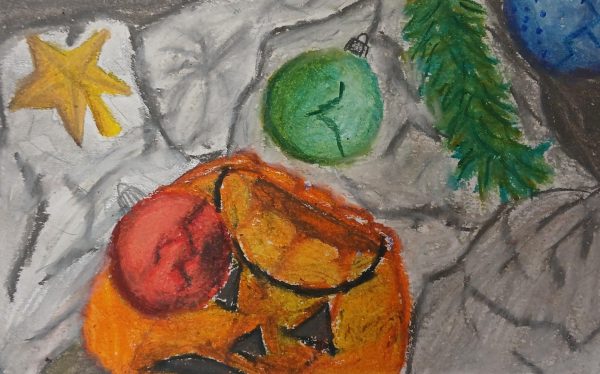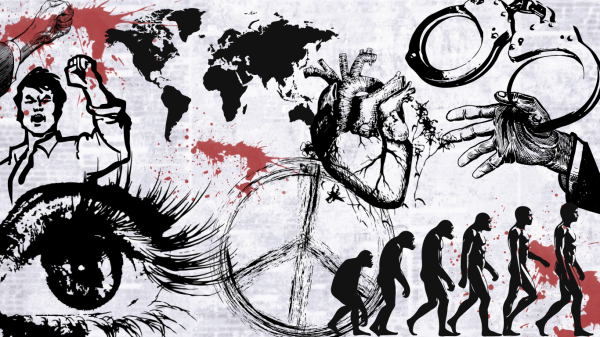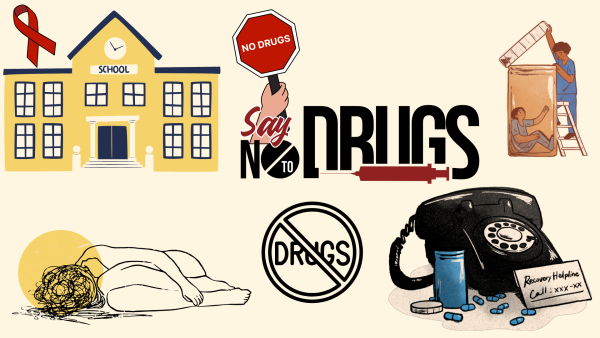Internalized racism
Kaithlyn Gonzalez (created with Canva)
The normalization of internalized racism is helping to glorify hate and distrust within communities.
We see various stories about Caucasian people unfairly treating people of color. However, the continuing issue of people of color attacking other people of color is rarely brought to the public’s attention. It is an unresolved issue that is surprisingly normalized.
Some events that showcase the issue are the recent fight between Brandon Moreno and Deiveson Figueiredo, the coronavirus outbreak, and generational racism.
On Jan. 21, a scheduled fight between Mexican mixed martial artist, Brandon Moreno and Brazilian mixed martial artist Deiveson Figueiredo resulted in backlash for the Mexican fighter. After Moreno had won, via doctor stoppage, Brazilian fans started to yell and throw various objects at Moreno. Fans continue to show their hate toward Moreno, spewing foul words at Mexico and its people. Fans on both sides are at fault for spreading hatred when it came to the conclusion of this event. Mexican fans have been using this win as an excuse to attack Brazilians and vice versa. Both sides have shown their racist hostility toward the other, whether it has been an underlying hatred or a new feeling they feel they can justifiably express.
During the coronavirus outbreak, there were cases of hate crimes toward Asians, both committed by Caucasians and people of color. Videos from places such as New York show evidence of Asian people being harassed on trains and elders being beaten. Many in Asian communities were blamed for the spread of the virus which made them feel inferior and fearful for their lives.
The “Stop Asian Hate” movement arose and in response to this, more Asian Americans came forward to report they felt unsafe while walking outside.
An anonymous person spoke about their experience with internalized racism.
“It was really bad at first. As a child, I was never taught about my culture, but I also grew up wanting to be something other than my race. It led to me holding a grudge against not only myself but my entire community. Though I have grown out of it, it was a terrible phase to grow with,” they said.
Many children, especially now, have not been taught about the importance of their roots. It has been common for immigrant parents to exclude parts of their cultural identity because they no longer live with(in) that culture or area.
Though it may seem harmless, children are easily influenced, and they may believe their heritage is unimportant and rather a burden to carry.
Finally, another example of internalized racism is when people of color practice hate toward other people of color who may differ ethnically. A common case would be Salvadorians and Mexicans; there is a constant and recurring stem of loathing that proves history can be doomed to repeat itself. Though Mexico’s attempted annexation of Central America and El Salvador’s opposition to this decision was 200 years ago, many still hold a grudge. It is incredibly important to realize the rights and wrongs a country has done, but to continue dwelling upon the past does more harm than good. Many Mexicans and Salvadorians do not understand exactly why they hate each other, but it is so common and normalized they flow with it.
Experiencing emotions such as hatred cannot be stopped, but with future generations, we can diminish the act of hatred towards others and strive for an altruistic society with less pessimism running rampant.
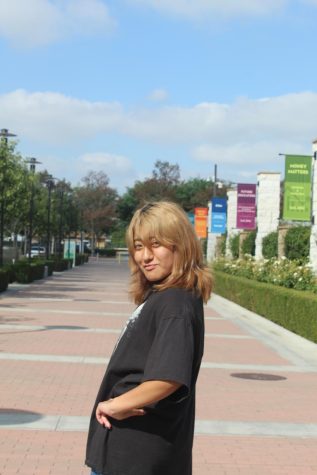
I like riding motorcycles, I love movies, and I have met multiple rock band members and wrestlers.

